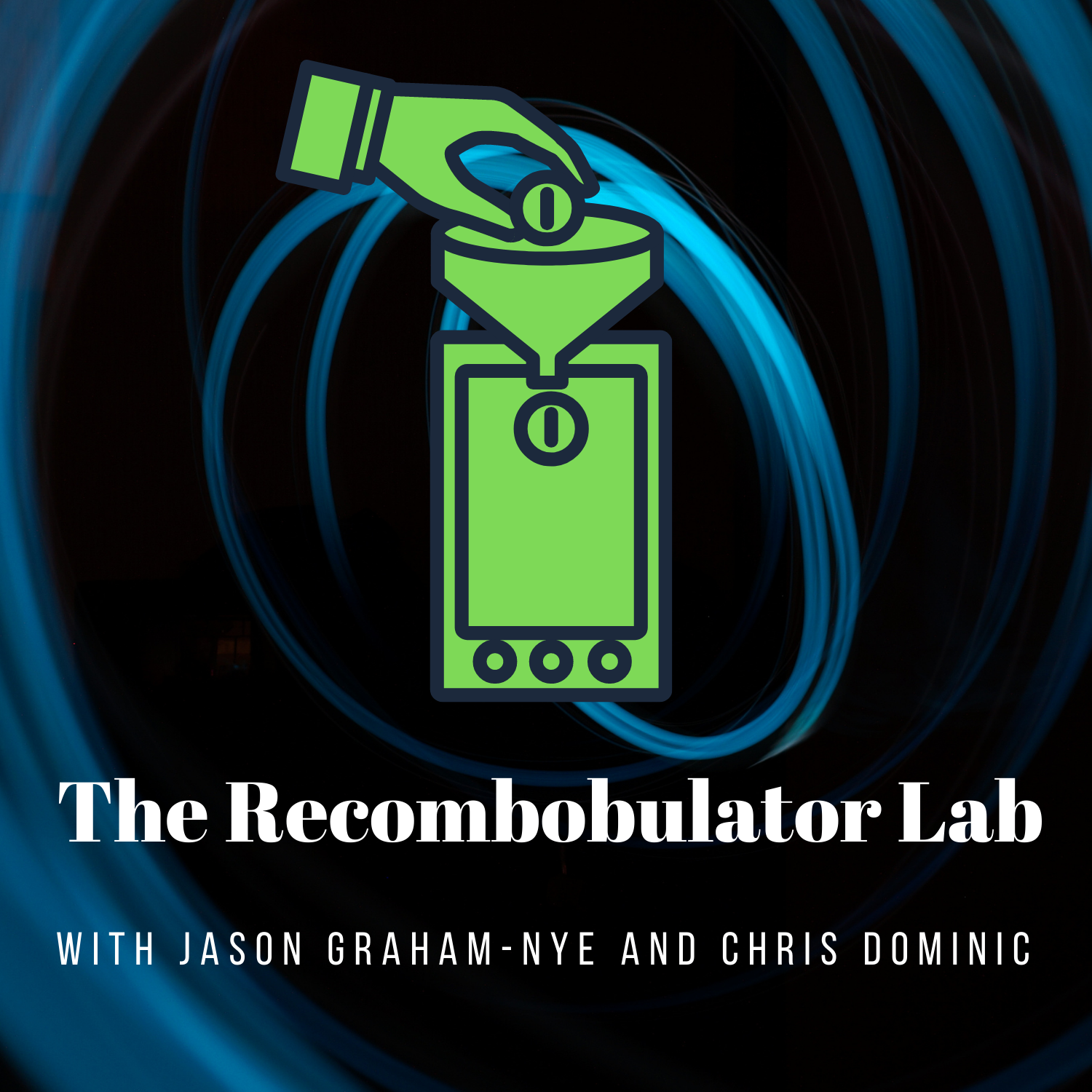The Recombobulator Lab is discussing an important topic today - sachets. What is a sachet and why is it important? Sachets are small plastic packets used to sell smaller servings of food and other groceries in lower income countries, but they come with a heavy environmental cost. Chris and Jason spoke with Yobel Novian Putra, Climate and Clean Energy Campaign Associate for GAIA Asia Pacific, to learn more about the issue.
According to Yobel, incineration is a problem for a number of reasons
Essentially incineration contributes to both the climate crisis and the debt crisis. Yobel pointed out that the environmental issue is a social issue as well.
And now, the sachets. Yobel discusses the Unilever project in Indonesia that attempted to recycle sachets using a pilot technology called CreaSolv. The project was rushed through without proper permits and licensing, and the factory has since shut down. Yobel says the claim that it could recycle sachets, has since been debunked as a myth .
He discussed a waste bank in Indonesia that pays people to collect sachets and separates them for recycling, but the sachets are no longer being collected by the recycling facility. The waste bank has continued to collect sachets, however, because people have created the habit of recycling them.
Instead, Yobel suggests that the solution lies in education and meaningful dialogue with communities.
He emphasized the importance of accountability and preventing factories from shutting down without proper arrangements. Indonesia is a young country with opportunities to avoid the mistakes of the global north, leapfrogging right to sustainable solutions.
January is Zero Waste Month. Yobel says it is a month to celebrate the progress we have made in so many areas. The theme for this year's festival is Zero Waste Month is Zero Waste for Zero Emissions.
GAIA is hosting a number of events throughout the month. Events will be happening online and in person. The Zero Waste Digital Film Festival is taking place online for the rest of January. There are several conferences, marches and launches taking place throughout the month in India, The Philippines and around Asia.
Anyone interested can find more information can visit www.no-burn.org and zwmonth.zerowaste.asia or follow GAIA Asia Pacific on social media: Facebook, Twitter, Instagram, YouTube, and TikTok. You can listen to more about Zero Waste Month in our podcast with Froilan Grate, Executive Director of GAIA Philippines.
Yobel says that zero waste is easier together and that the driver should be love, not fear. As we move into 2023, let's focus on hope and love for people, the planet, and the environment.
BIG ANNOUNCEMENT!
Our Zero Waste Film Fest screening has been moved to January 27, Friday, at the Trinoma Activity Center. Don't miss the chance to watch these two highly-acclaimed documentaries - “The Story of Plastics” and “Girls For Future”. Both features tell the story of how the citizens of the world can work together to change the dynamics of waste management.
All community members are welcome to join - households, students, members of the workforce, public servants, and civil service employees - as all of the conversations deserve to be heard by everyone regardless of their position in society.
#ZeroWasteMonth2023 #IZWM2023 #ZeroWasteZeroEmission#GoForZeroWaste #ZeroWasteOurFuture
In conjucntion with GAIA The Zero Waste Journalist Network was formally launched on January 19, 2023 as part of the observance of the International Zero Waste Month.
Among the journalists are Gerry Lirio (Philippines - Southeast Asia), who after the devastation of Super Typhoon Yolanda (Haiyan) realized the importance of environmental reporting, especially climate reporting from small island nations, and advocated the creation of a “green” desk for media outlets in the Philippines; Ben Bilua (Solomon Islands - Pacific) who sees the importance of climate reporting especially for island nations like his; and Abhishek Kumar (India - South Asia), who stressed on the importance of highlighting Zero Waste (ZW) work in Asia Pacific and showing the global north that we have solutions here.
This historic launch of the Zero Waste Journalists Network will give voice to Zero Waste and climate discussions as seen from the lens of journalists.

Chris returns from his second all-remote jury trial. Jason and Chris jump into the first of a two-part interview with Olympian and five-time defending...

It has been over a year since season 1 of The Recombobulator Lab finished. Chris and Jason’s schedules have filled back up with everything...

This week on the Recombobulator Lab Chris and Jason have brought in Dr Amy Pennay to help answer the question that is puzzling older...